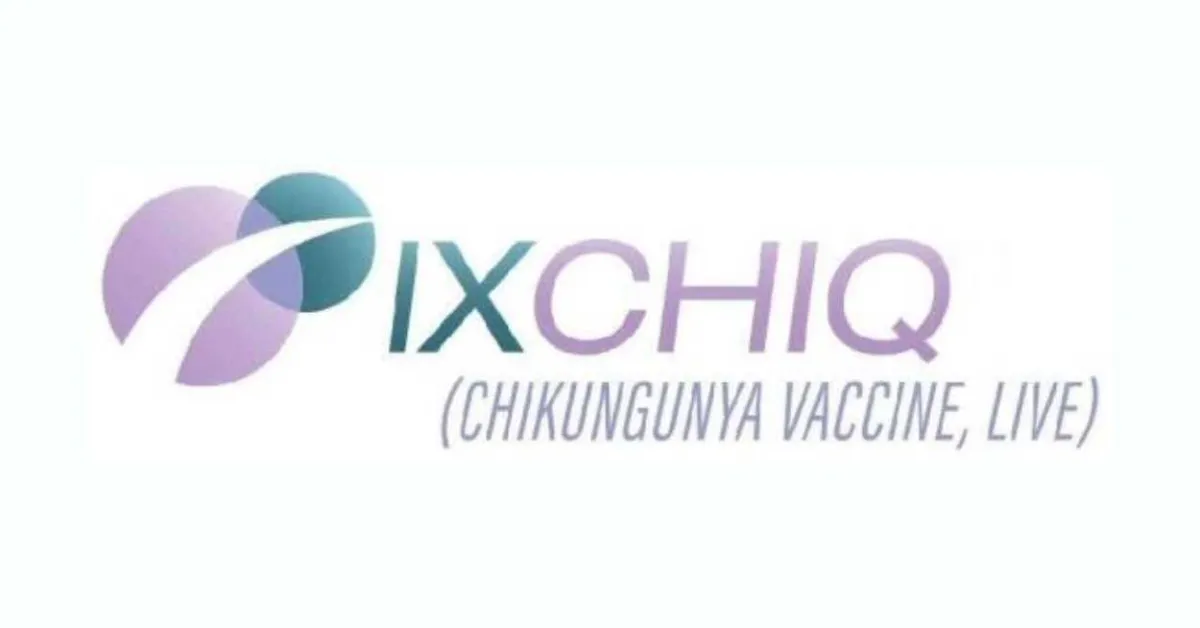Valneva SE announced that the FDA has removed its recommended pause in the use of IXCHIQ® in individuals 60 years of age and older and has approved updates to the Prescribing Information (PI) for IXCHIQ®. IXCHIQ® remains indicated in the United States for the prevention of disease caused by the Chikungunya Virus (CHIKV) in individuals 18 years of age and older who are at high risk of exposure to CHIKV.
The FDA decision follows the announcement in July by the European Medicines Agency (EMA)1 which recommended the lifting of temporary restrictions in elderly people after the conclusion of a thorough review of IXCHIQ® by its safety committee (PRAC).
The PI has been updated to reflect reports of Serious Adverse Events, primarily among elderly individuals with multiple underlying health conditions, following a mass vaccination campaign in La Réunion in response to a severe chikungunya outbreak.
The FDA noted that for most U.S. travelers the risk of exposure to CHIKV is low and therefore, the product is not advisable for most of them. IXCHIQ® should be given when there is a significant risk of chikungunya infection and only after careful consideration of the benefits and risks. Healthcare professionals are reminded that IXCHIQ® is contraindicated in individuals with weakened immune systems due to disease or immunosuppressive treatments, as stated in IXCHIQ®’s product label in the U.S., Europe and other territories.
Furthermore, the product’s Warnings and Precaution section has been expanded to reflect the SAE profile observed, especially in people above 65 years of age and older with one or more chronic medical conditions. Ongoing FDA reviews are progressing regarding potential extension of IXCHIQ®’s label to adolescents and inclusion of additional persistence data.
About Chikungunya
Chikungunya virus (CHIKV) is a mosquito-borne viral disease spread by the bites of infected Aedes mosquitoes which causes fever, severe joint and muscle pain, headache, nausea, fatigue and rash. Joint pain is often debilitating and can persist for weeks to years. In 2004, the disease began to spread quickly, causing large-scale outbreaks around the world. Since the re-emergence of the virus, CHIKV has now been identified in over 110 countries in Asia, Africa, Europe and the Americas. Between 2013 and 2023, more than 3.7 million cases were reported in the Americas and the economic impact is considered to be significant. The medical and economic burden is expected to grow with climate change as the mosquito vectors that transmit the disease continue to spread geographically. As such, the World Health Organization (WHO) has highlighted chikungunya as a major public health problem.














